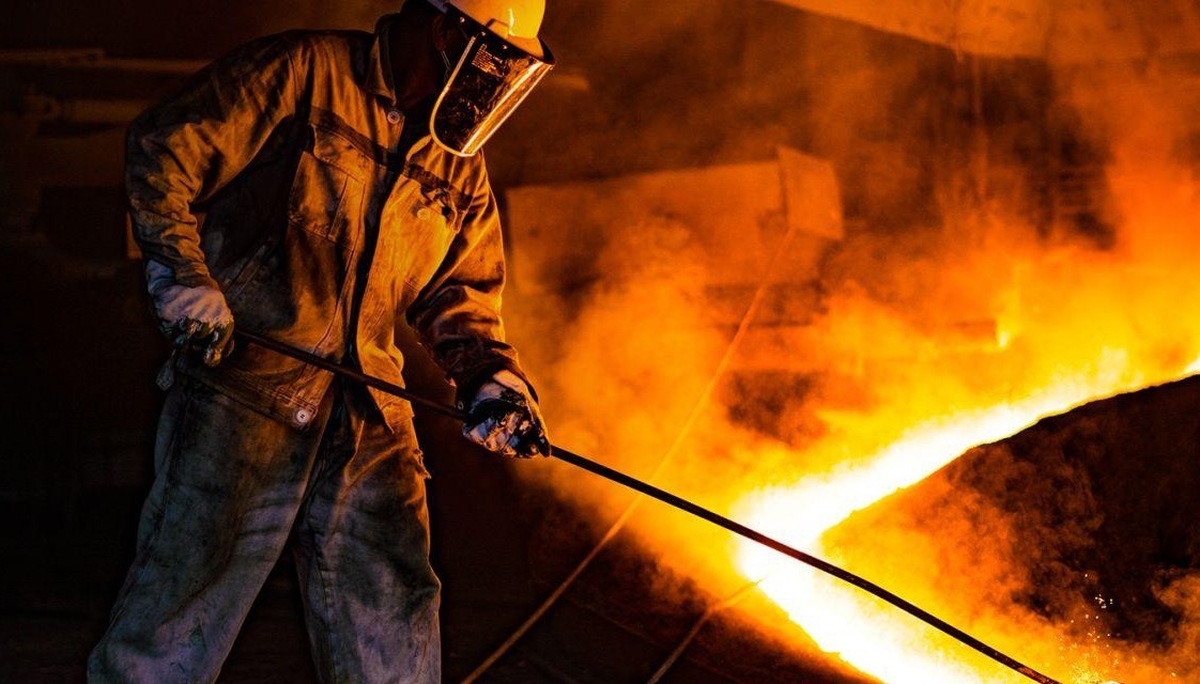
Indonesia lowers projections for nickel and bauxite smelter construction by 30% due to investment shortfalls

The government may consider accelerating an export ban on bauxite and other mineral items, depending on the scale of investment. Under the current rules, exports of bauxite are allowed till January 11, 2022.
The export ban, which was in place since 2014, was revoked in 2017 for a period of five years (until 2022) to give time to domestic miners to build their smelters to process minerals such as nickel, bauxite and copper.
Indonesia’s Minister for Maritime Affairs Luhut Binsar Pandjaitan recently said that Indonesia with its sixth-largest bauxite reserves in the world has a potential to expand its bauxite downstream business to 13 billion USD next year from the current 9 billion USD.
The president encouraged the development of the bauxite processing industry in the country. The collaboration of PT Indonesia Asahan Aluminum with PT Aneka Tambang Tbk via its subsidiary PT Borneo Alumina Indonesia (PT BAI) to build a bauxite-to-alumina plant in Mepawah, West Kalimantan was a step towards this.
The ministry initially expected 41 nickel smelters and 11 bauxite smelters to begin operation by 2022. However, investment shortfalls have brought down the expected numbers to only 29 nickel and 9 bauxite facilities less than a month before the nickel export ban starts officially. This means that about 30 per cent of the smelters are yet to be built and need investment in order to facilitate the ban productively.



Trump weighs using $2 billion in CHIPS Act funding for critical minerals

Codelco cuts 2025 copper forecast after El Teniente mine collapse

Electra converts debt, launches $30M raise to jumpstart stalled cobalt refinery

Barrick’s Reko Diq in line for $410M ADB backing

Abcourt readies Sleeping Giant mill to pour first gold since 2014

Nevada army depot to serve as base for first US strategic minerals stockpile

SQM boosts lithium supply plans as prices flick higher

Viridis unveils 200Mt initial reserve for Brazil rare earth project

Tailings could meet much of US critical mineral demand – study

Kyrgyzstan kicks off underground gold mining at Kumtor

Kyrgyzstan kicks off underground gold mining at Kumtor

KoBold Metals granted lithium exploration rights in Congo

Freeport Indonesia to wrap up Gresik plant repairs by early September

Energy Fuels soars on Vulcan Elements partnership

Northern Dynasty sticks to proposal in battle to lift Pebble mine veto

Giustra-backed mining firm teams up with informal miners in Colombia

Critical Metals signs agreement to supply rare earth to US government-funded facility

China extends rare earth controls to imported material

Galan Lithium proceeds with $13M financing for Argentina project

Kyrgyzstan kicks off underground gold mining at Kumtor

Freeport Indonesia to wrap up Gresik plant repairs by early September

Energy Fuels soars on Vulcan Elements partnership

Northern Dynasty sticks to proposal in battle to lift Pebble mine veto

Giustra-backed mining firm teams up with informal miners in Colombia

Critical Metals signs agreement to supply rare earth to US government-funded facility

China extends rare earth controls to imported material

Galan Lithium proceeds with $13M financing for Argentina project

Silver price touches $39 as market weighs rate cut outlook



















